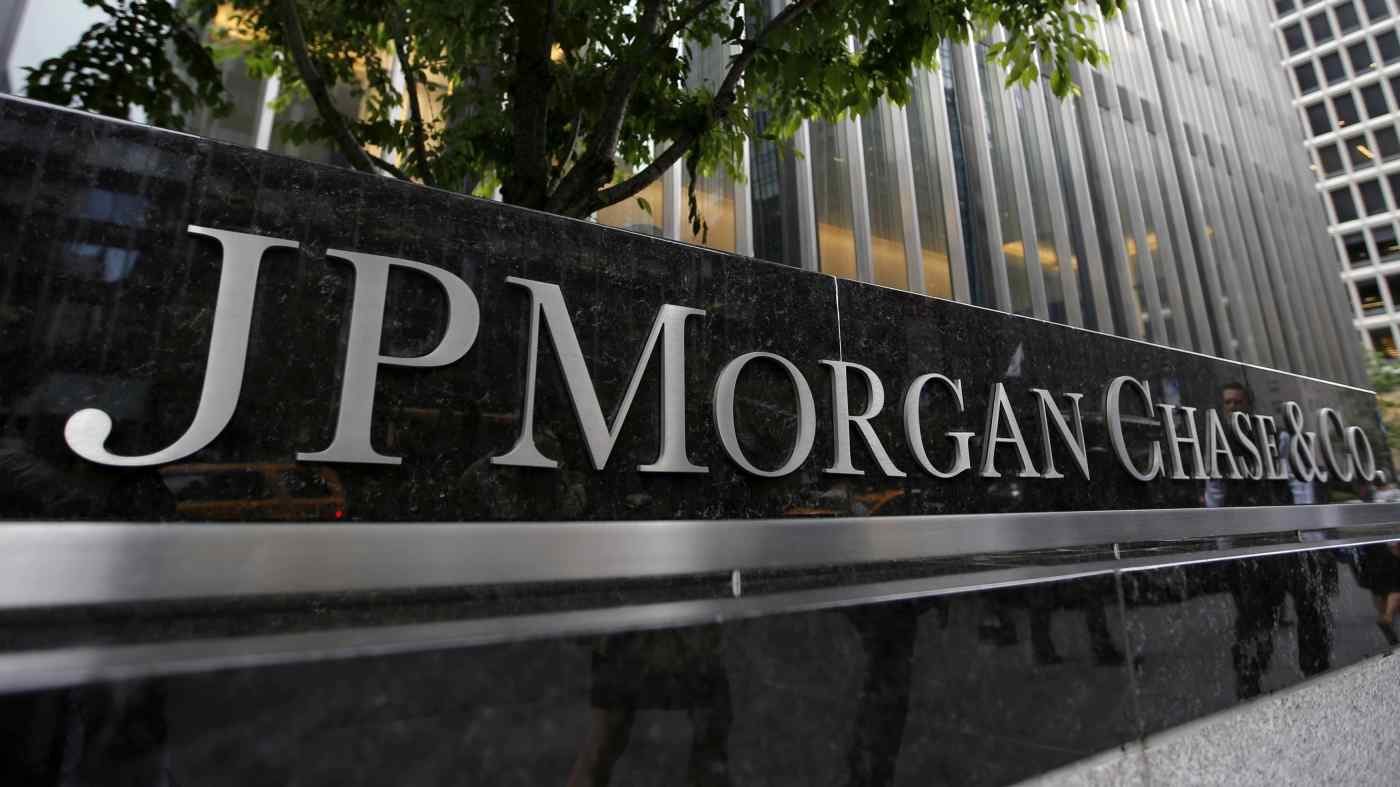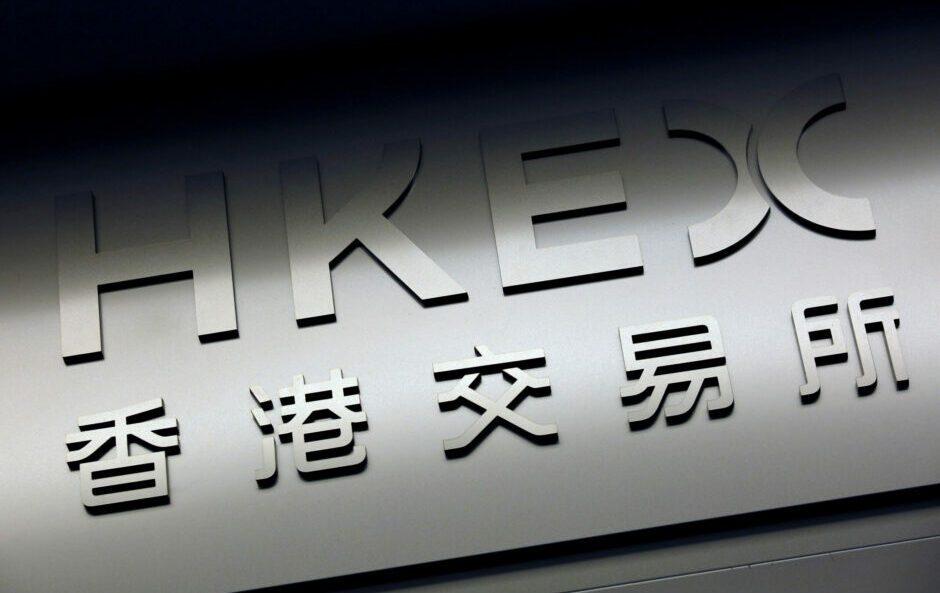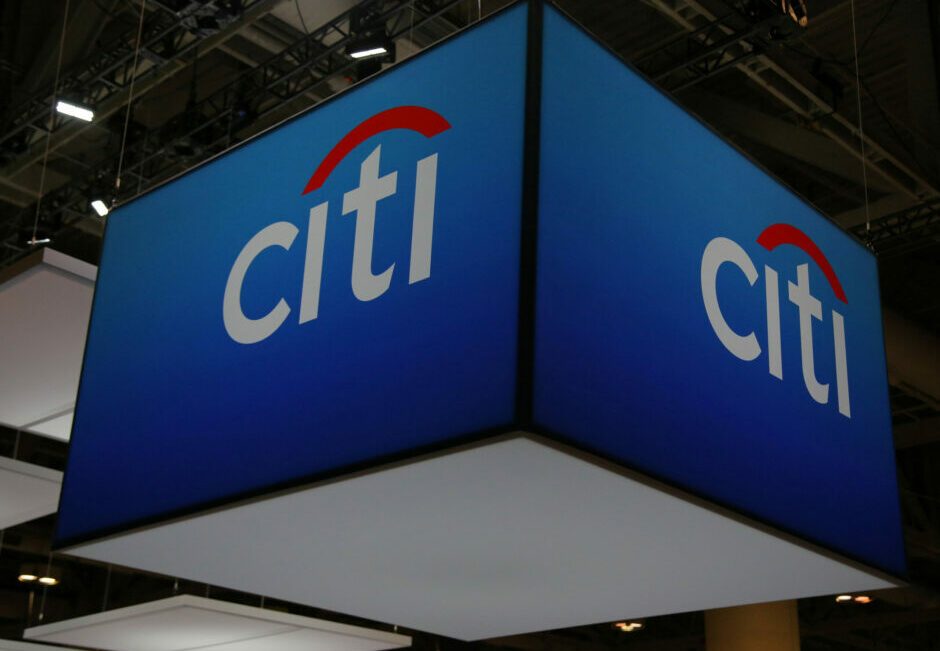TOKYO/ISMAILIA, Egypt — The Suez Canal doubled the volume of ships allowed through the 120-mile waterway on Tuesday as it rushed to clear the backlog of hundreds of vessels after a mammoth carrier had blocked passage for nearly a week.
More than 400 ships were left mired after the 400-meter long Ever Given had become stuck last week. The ship was eventually freed by a flotilla of tugboats on Monday, allowing passage to resume. The 422 vessels in the traffic jam — carrying everything from cattle to crude oil — were expected to be cleared in about three-and-a-half days, Osama Rabie, chairman of the Suez Canal Authority, said.
During a Tuesday news conference, Rabie said 113 ships had crossed in both directions since the route reopened and another 95 are expected to pass by the evening. Normally, between 50 and 85 ships pass through the channel daily, according to Denmark’s A.P. Moller-Maersk, the world’s top container shipper.
Rabie said the authority will work day and night to resolve the bottleneck. But work to clear the traffic jam will take 10 days or more, according to MSC, the world’s second-largest container line based in Switzerland.
A sharp uptick in demand for cargo is anticipated in the aftermath of the reopening of the Suez, which would lead to crowding at ports the world over. Ships will be unable to keep to the regular schedule of one port docking a week, which could potentially raise freight rates due to a fight for cargo space that will last through May, according to MSC.
The Ever Given incident has brought into sharp relief the pitfalls of overreliance on the Suez Canal, an important route for bringing goods from Asia’s factories to Europe as well as an oil transport. But marine transport companies will continue to use the waterway since the blockage did not end up being a long-term issue. MSC said there will be no rerouting of ships in the short term.
Ocean Network Express, the joint venture between Japan’s Nippon Yusen, Mitsui O.S.K. Lines and Kawasaki Kisen, was able to move two previously stranded vessels through the Suez Canal as of Tuesday. The company, also known as ONE, says it plans to continue using the waterway.
The Suez Canal’s role as a timesaver remains steadfast. It takes approximately 23 days to ship cargo from Tokyo or Yokohama to Rotterdam using the canal. An itinerary that takes a detour around South Africa’s Cape of Good Hope takes a week longer at about 30 days.
Both routes cost about the same, which gives the Suez Canal an advantage. It is believed that the Ever Given paid about a $700,000 toll to pass through the waterway. Meanwhile, it takes about $100,000 a day to operate a ship when combining charter fees and fuel costs. The Suez’s toll is set to a level that is not significantly different from the cost of taking the Cape of Good Hope detour.
The Ever Given is now idling at Great Bitter Lake, a large body of water that divides the Suez Canal into two sections. The vessel’s body and equipment are being inspected for damages, according to the ship’s Japanese owner, Shoei Kisen. The process could end Wednesday if no issues are discovered.
Operating as one of the largest container ships in the world, the Ever Given is loaded with roughly 18,000 containers, which approaches full capacity.
“If any repairs are needed, they would be limited to the ship’s bottom,” a Shoei Kisen executive told Nikkei. “There will be no need to offload the containers.”
If the Ever Given passes inspection, the Suez Canal Authority will give the ship the green light to sail. But the vessel will still have to navigate through a channel that is 300-meters at the surface until it reaches the Mediterranean Sea.





